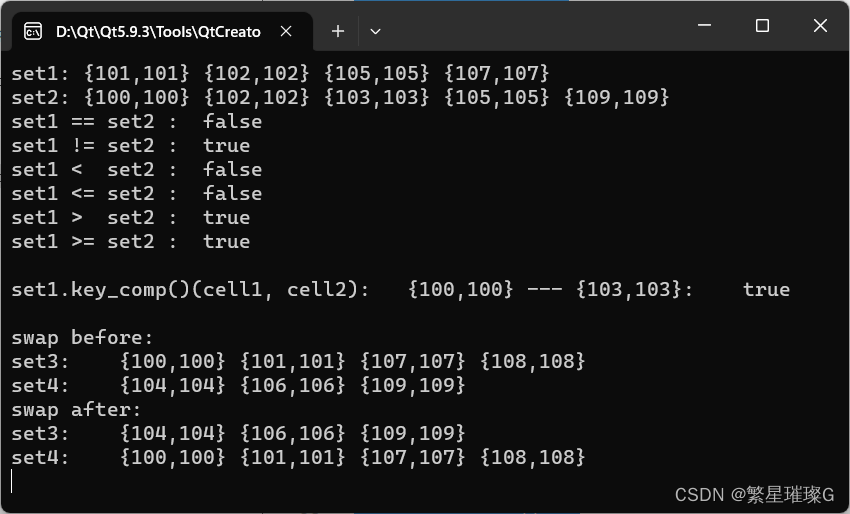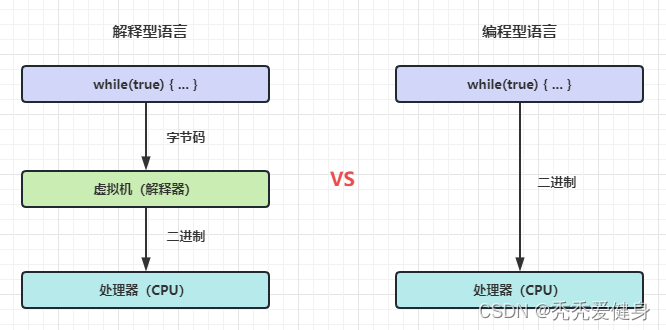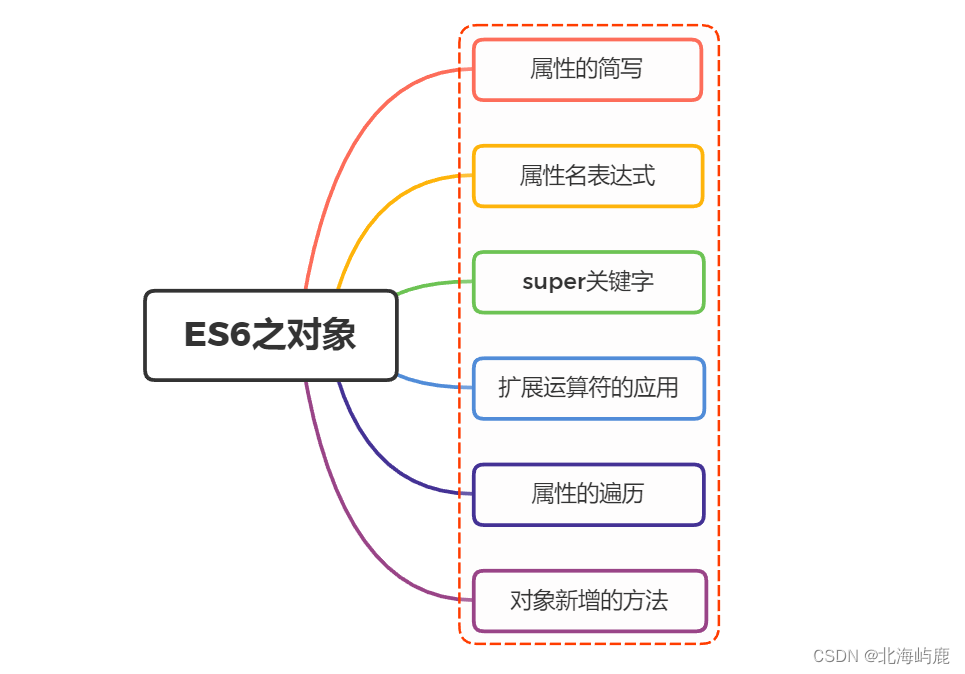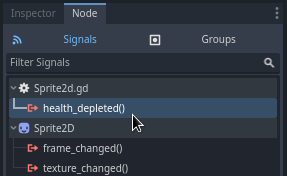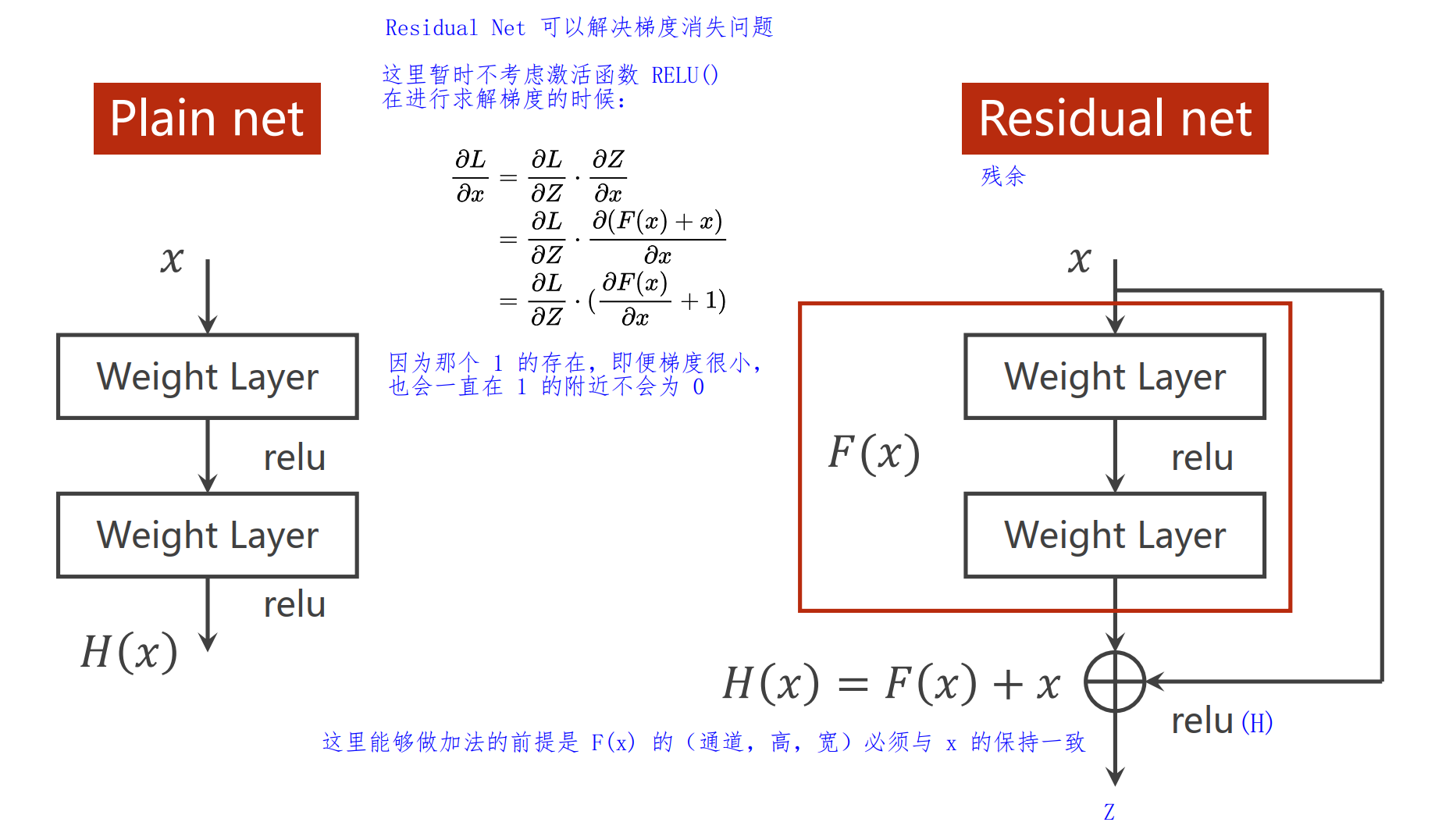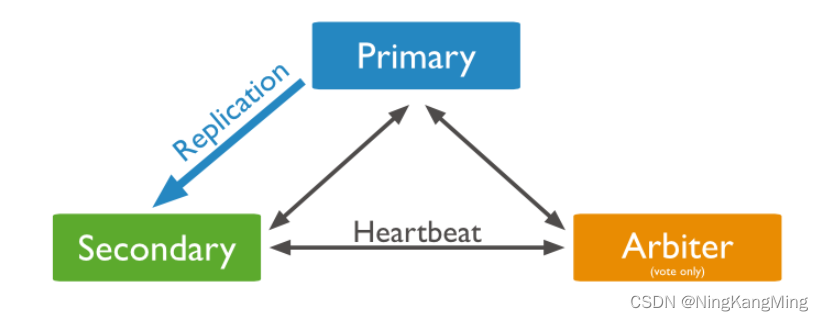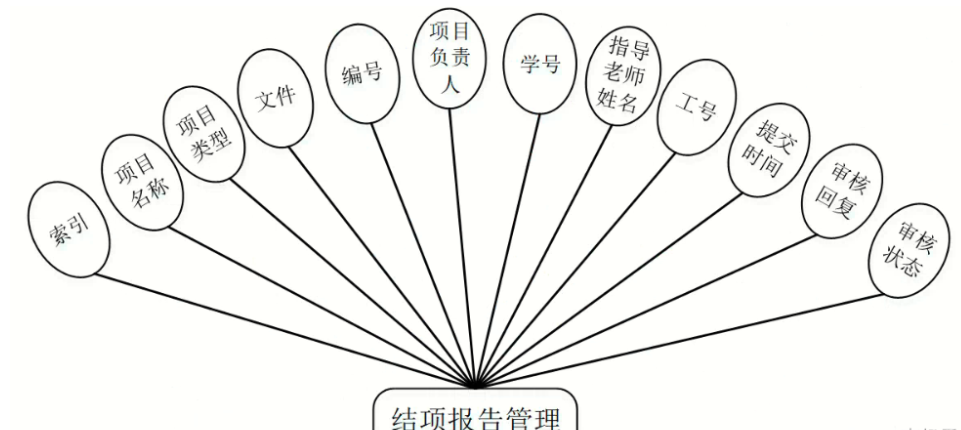定义于头文件 <set>
| template< class Key, | (1) | |
| namespace pmr { template <class Key, class Compare = std::less<Key>> | (2) | (C++17 起) |
std::set 是关联容器,含有 Key 类型对象的已排序集。用比较函数 比较 (Compare) 进行排序。搜索、移除和插入拥有对数复杂度。 set 通常以红黑树实现。
在每个标准库使用比较 (Compare) 概念的场所,用等价关系确定唯一性。不精确地说,若二个对象 a 与 b 相互间既不比较大于亦不比较小于: !comp(a, b) && !comp(b, a) ,则认为它们等价。
std::set 满足容器 (Container) 、具分配器容器 (AllocatorAwareContainer) 、关联容器 (AssociativeContainer) 和可逆容器 (ReversibleContainer) 的要求。
观察器
返回用于比较键的函数
std::set<Key,Compare,Allocator>::key_comp| key_compare key_comp() const; |
返回用于比较关键的函数对象,它是此容器构造函数参数 comp 的副本,它与 value_comp 相同。
参数
(无)
返回值
比较关键的函数对象。
复杂度
常数
返回用于在value_type类型的对象中比较键的函数
std::set<Key,Compare,Allocator>::value_comp| std::set::value_compare value_comp() const; |
返回比较值的函数对象。它与 key_comp 相同。
参数
(无)
返回值
比较值的函数对象。
复杂度
常数。
非成员函数
按照字典顺序比较 set 中的值
operator==,!=,<,<=,>,>=(std::set)| template< class Key, class Compare, class Alloc > bool operator==( const std::set<Key,Compare,Alloc>& lhs, const std::set<Key,Compare,Alloc>& rhs ); | (1) | |
| template< class Key, class Compare, class Alloc > bool operator!=( const std::set<Key,Compare,Alloc>& lhs, const std::set<Key,Compare,Alloc>& rhs ); | (2) | |
| template< class Key, class Compare, class Alloc > bool operator<( const std::set<Key,Compare,Alloc>& lhs, const std::set<Key,Compare,Alloc>& rhs ); | (3) | |
| template< class Key, class Compare, class Alloc > bool operator<=( const std::set<Key,Compare,Alloc>& lhs, const std::set<Key,Compare,Alloc>& rhs ); | (4) | |
| template< class Key, class Compare, class Alloc > bool operator>( const std::set<Key,Compare,Alloc>& lhs, const std::set<Key,Compare,Alloc>& rhs ); | (5) | |
| template< class Key, class Compare, class Alloc > bool operator>=( const std::set<Key,Compare,Alloc>& lhs, const std::set<Key,Compare,Alloc>& rhs ); | (6) |
比较二个容器的内容。
1-2) 检查 lhs 与 rhs 的内容是否相等,即它们是否拥有相同数量的元素且 lhs 中每个元素与 rhs 的同位置元素比较相等。
3-6) 按字典序比较 lhs 与 rhs 的内容。由等价于 std::lexicographical_compare 的函数进行比较。此比较忽略容器的定序 Compare 。
参数
| lhs, rhs | - | 要比较内容的容器 |
- 为使用重载 (1-2) , Key 必须满足可相等比较 (EqualityComparable) 的要求。 | ||
返回值
1) 若容器内容相等则为 true ,否则为 false
2) 若容器内容不相等则为 true ,否则为 false
3) 若 lhs 的内容按字典序小于 rhs 的内容则为 true ,否则为 false
4) 若 lhs 的内容按字典序小于或等于 rhs 的内容则为 true ,否则为 false
5) 若 lhs 的内容按字典序大于 rhs 的内容则为 true ,否则为 false
6) 若 lhs 的内容按字典序大于或等于 rhs 的内容则为 true ,否则为 false
复杂度
1-2) 若 lhs 与 rhs 的大小不同则为常数,否则与容器大小成线性
3-6) 与容器大小成线性
调用示例
#include <iostream>
#include <forward_list>
#include <string>
#include <iterator>
#include <algorithm>
#include <functional>
#include <time.h>
#include <set>
using namespace std;
struct Cell
{
int x;
int y;
Cell() = default;
Cell(int a, int b): x(a), y(b) {}
Cell &operator +=(const Cell &cell)
{
x += cell.x;
y += cell.y;
return *this;
}
Cell &operator +(const Cell &cell)
{
x += cell.x;
y += cell.y;
return *this;
}
Cell &operator *(const Cell &cell)
{
x *= cell.x;
y *= cell.y;
return *this;
}
Cell &operator ++()
{
x += 1;
y += 1;
return *this;
}
bool operator <(const Cell &cell) const
{
if (x == cell.x)
{
return y < cell.y;
}
else
{
return x < cell.x;
}
}
bool operator >(const Cell &cell) const
{
if (x == cell.x)
{
return y > cell.y;
}
else
{
return x > cell.x;
}
}
bool operator ==(const Cell &cell) const
{
return x == cell.x && y == cell.y;
}
};
std::ostream &operator<<(std::ostream &os, const Cell &cell)
{
os << "{" << cell.x << "," << cell.y << "}";
return os;
}
int main()
{
std::cout << std::boolalpha;
std::mt19937 g{std::random_device{}()};
srand((unsigned)time(NULL));
auto generate = []()
{
int n = std::rand() % 10 + 100;
Cell cell{n, n};
return cell;
};
std::set<Cell> set1{generate(), generate(), generate(), generate(), generate()};
std::cout << "set1: ";
std::copy(set1.begin(), set1.end(), std::ostream_iterator<Cell>(std::cout, " "));
std::cout << std::endl;
std::set<Cell> set2{generate(), generate(), generate(), generate(), generate()};
std::cout << "set2: ";
std::copy(set2.begin(), set2.end(), std::ostream_iterator<Cell>(std::cout, " "));
std::cout << std::endl;
std::cout << "set1 == set2 : " << (set1 == set2) << std::endl;
std::cout << "set1 != set2 : " << (set1 != set2) << std::endl;
std::cout << "set1 < set2 : " << (set1 < set2) << std::endl;
std::cout << "set1 <= set2 : " << (set1 <= set2) << std::endl;
std::cout << "set1 > set2 : " << (set1 > set2) << std::endl;
std::cout << "set1 >= set2 : " << (set1 >= set2) << std::endl;
std::cout << std::endl;
Cell cell1(generate());
Cell cell2(generate());
std::cout << "set1.key_comp()(cell1, cell2): "
<< cell1 << " --- " << cell2 << ": "
<< set1.key_comp()(cell1, cell2) << std::endl;
std::cout << std::endl;
std::cout << "swap before:" << std::endl;
std::set<Cell> set3{generate(), generate(), generate(), generate(), generate()};
std::cout << "set3: ";
std::copy(set3.begin(), set3.end(), std::ostream_iterator<Cell>(std::cout, " "));
std::cout << std::endl;
std::set<Cell> set4{generate(), generate(), generate(), generate(), generate()};
std::cout << "set4: ";
std::copy(set4.begin(), set4.end(), std::ostream_iterator<Cell>(std::cout, " "));
std::cout << std::endl;
//为 std::set 特化 std::swap 算法。交换 lhs 与 rhs 的内容。调用 lhs.swap(rhs) 。
std::swap(set3, set4);
std::cout << "swap after:" << std::endl;
std::cout << "set3: ";
std::copy(set3.begin(), set3.end(), std::ostream_iterator<Cell>(std::cout, " "));
std::cout << std::endl;
std::cout << "set4: ";
std::copy(set4.begin(), set4.end(), std::ostream_iterator<Cell>(std::cout, " "));
std::cout << std::endl;
return 0;
}输出
